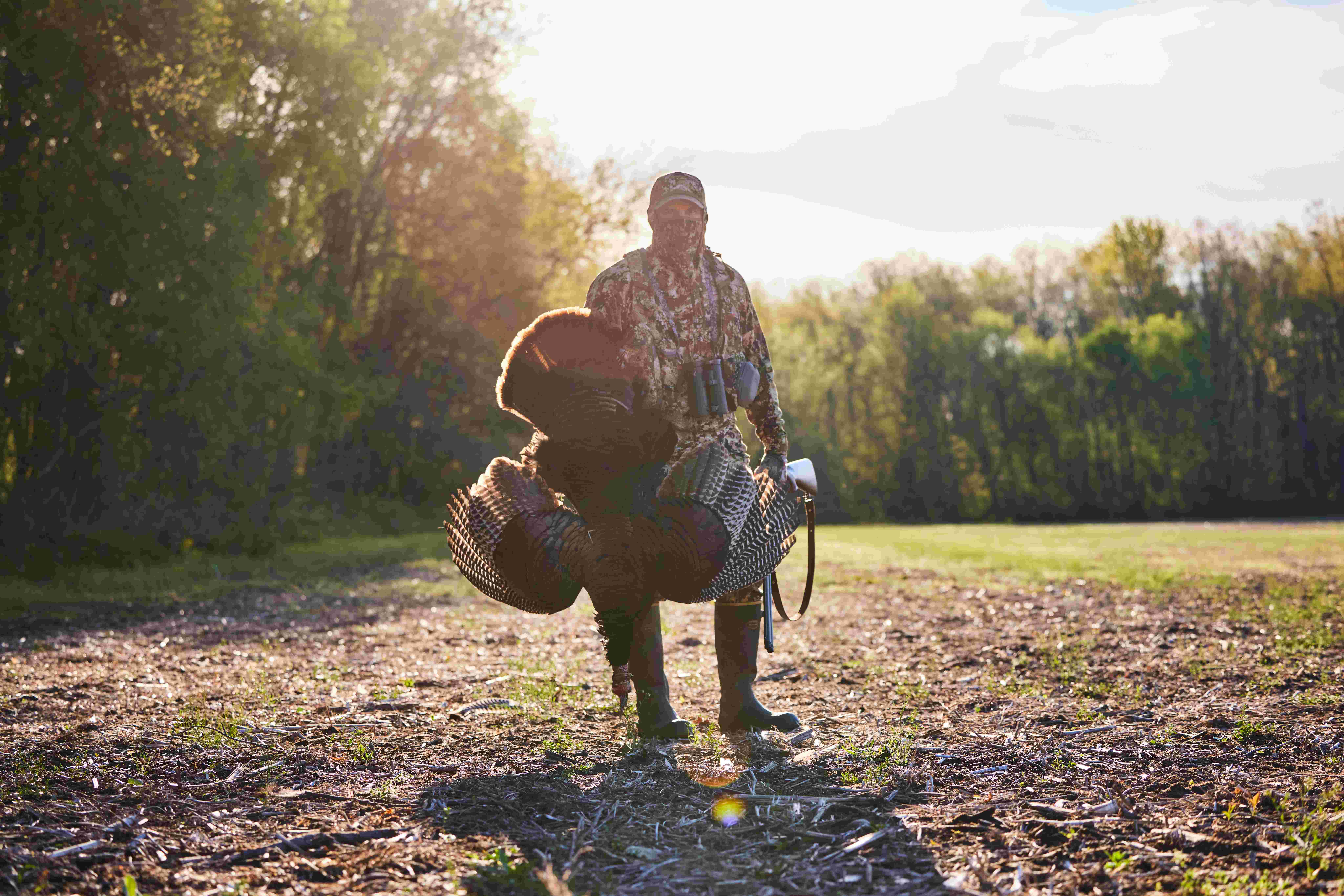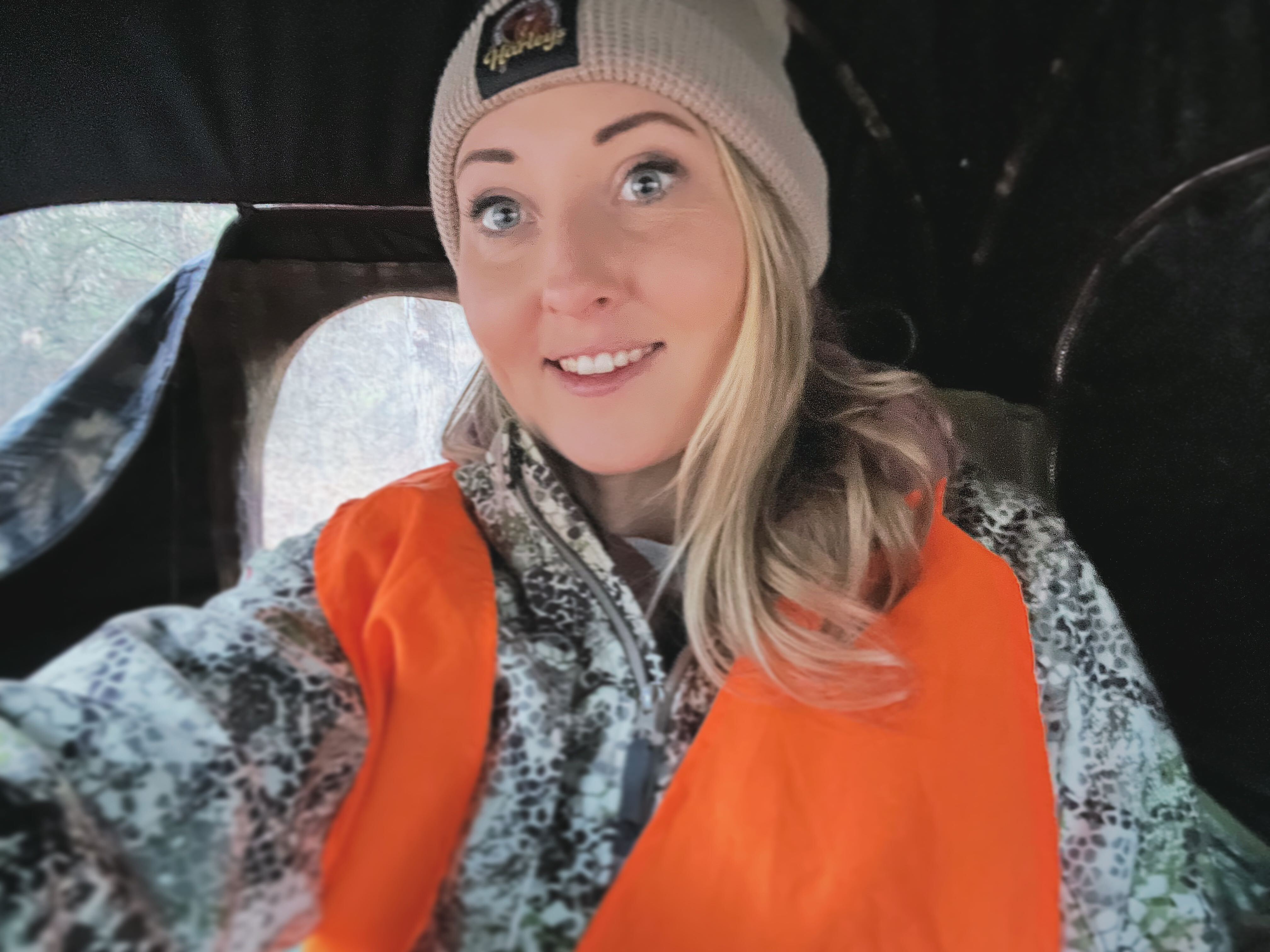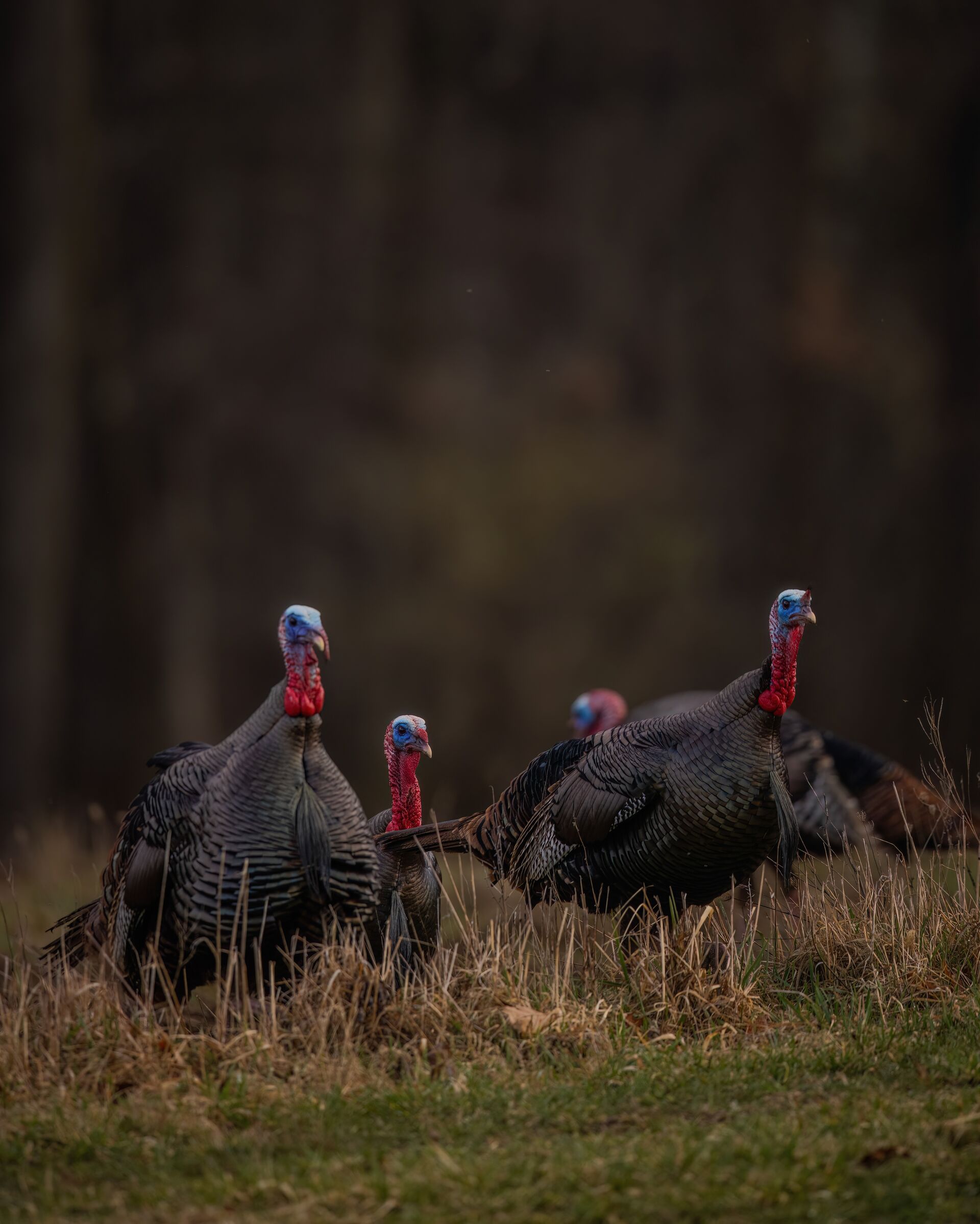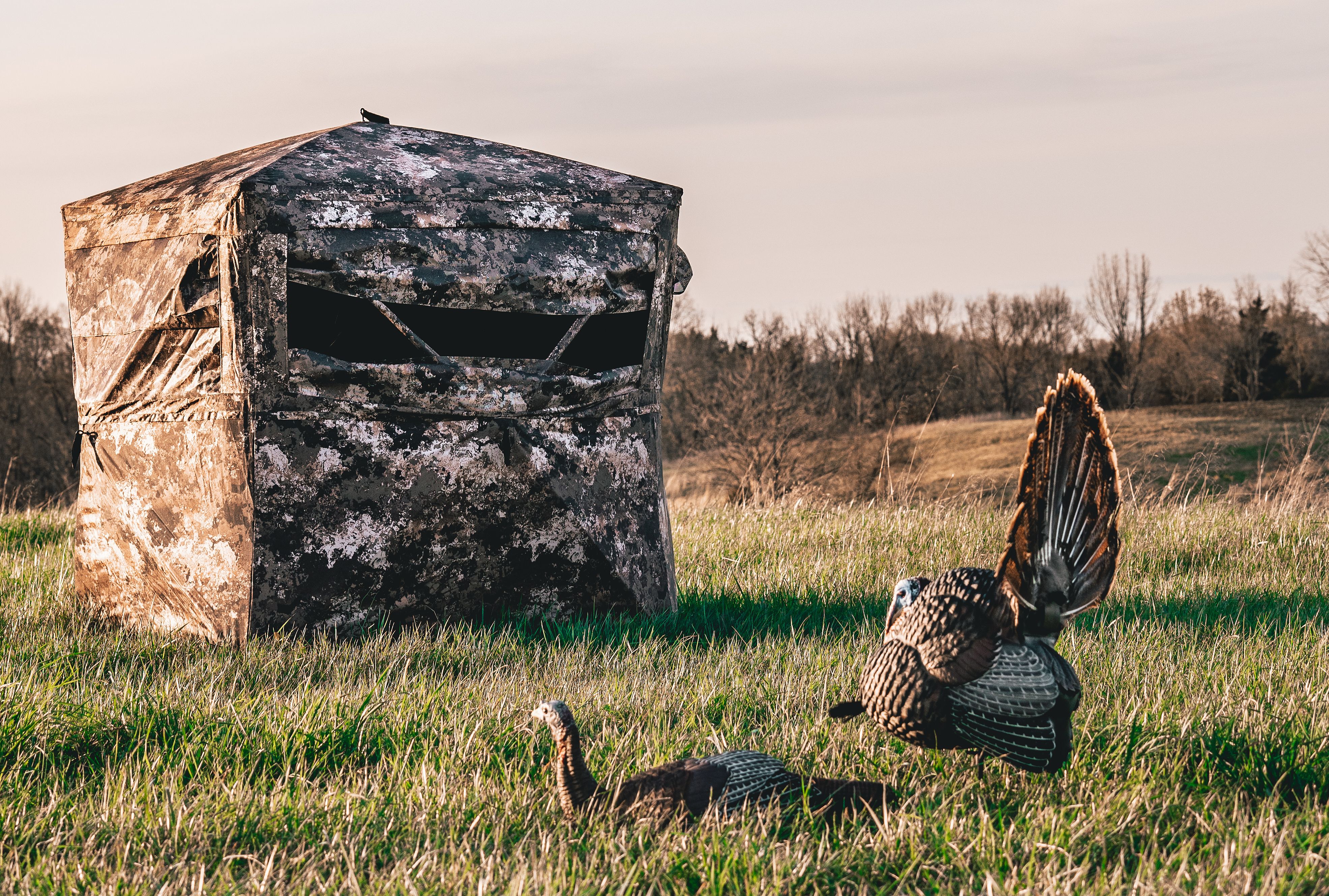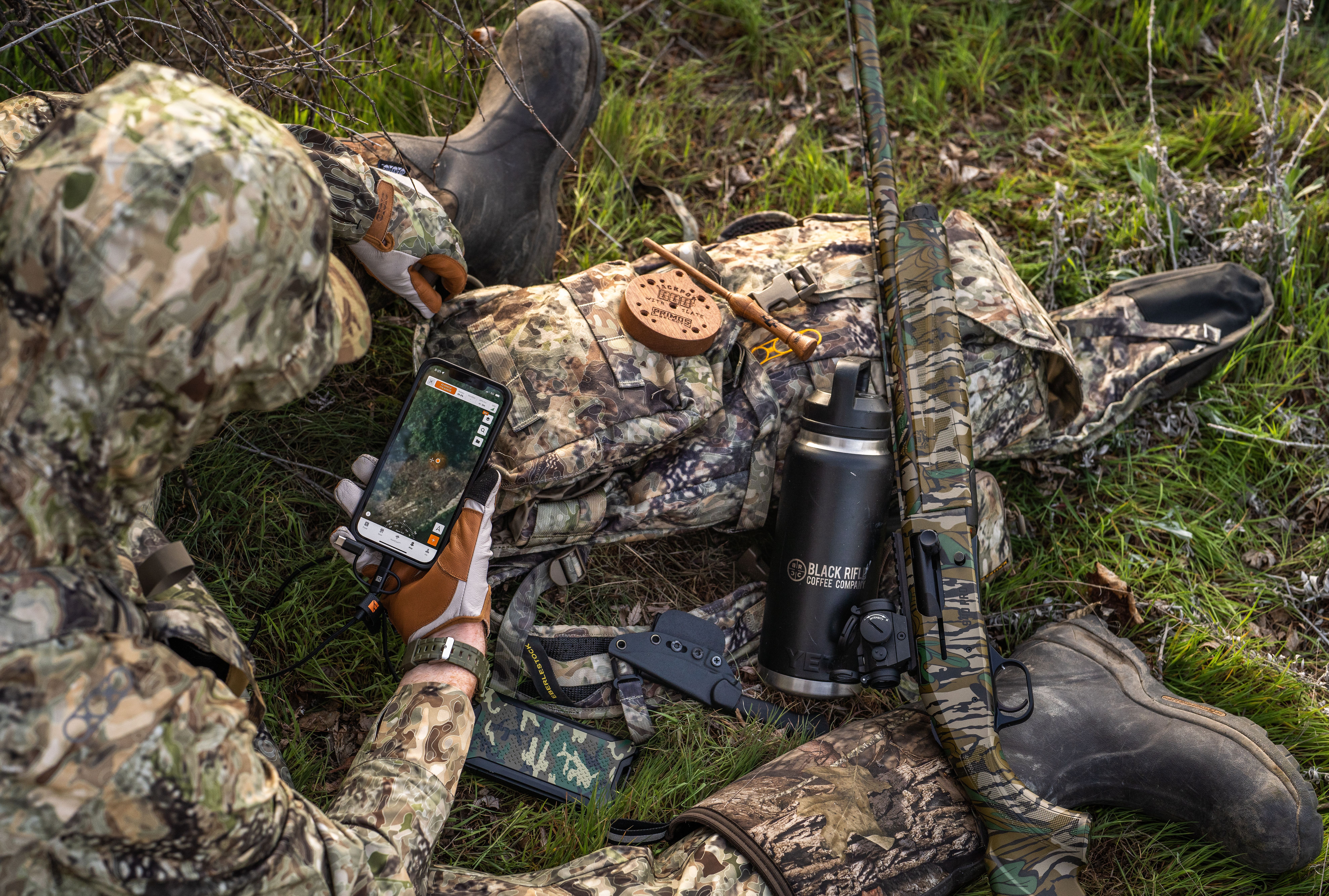Field Guide / Hunting Tips
When Is NC Turkey Season 2026?
For 2026, the North Carolina turkey season kicks off on April 4 for the youth-only hunt. The regular season runs from April 12 to May 9, 2026.
Previous in Hunting Tips
More Content Like This
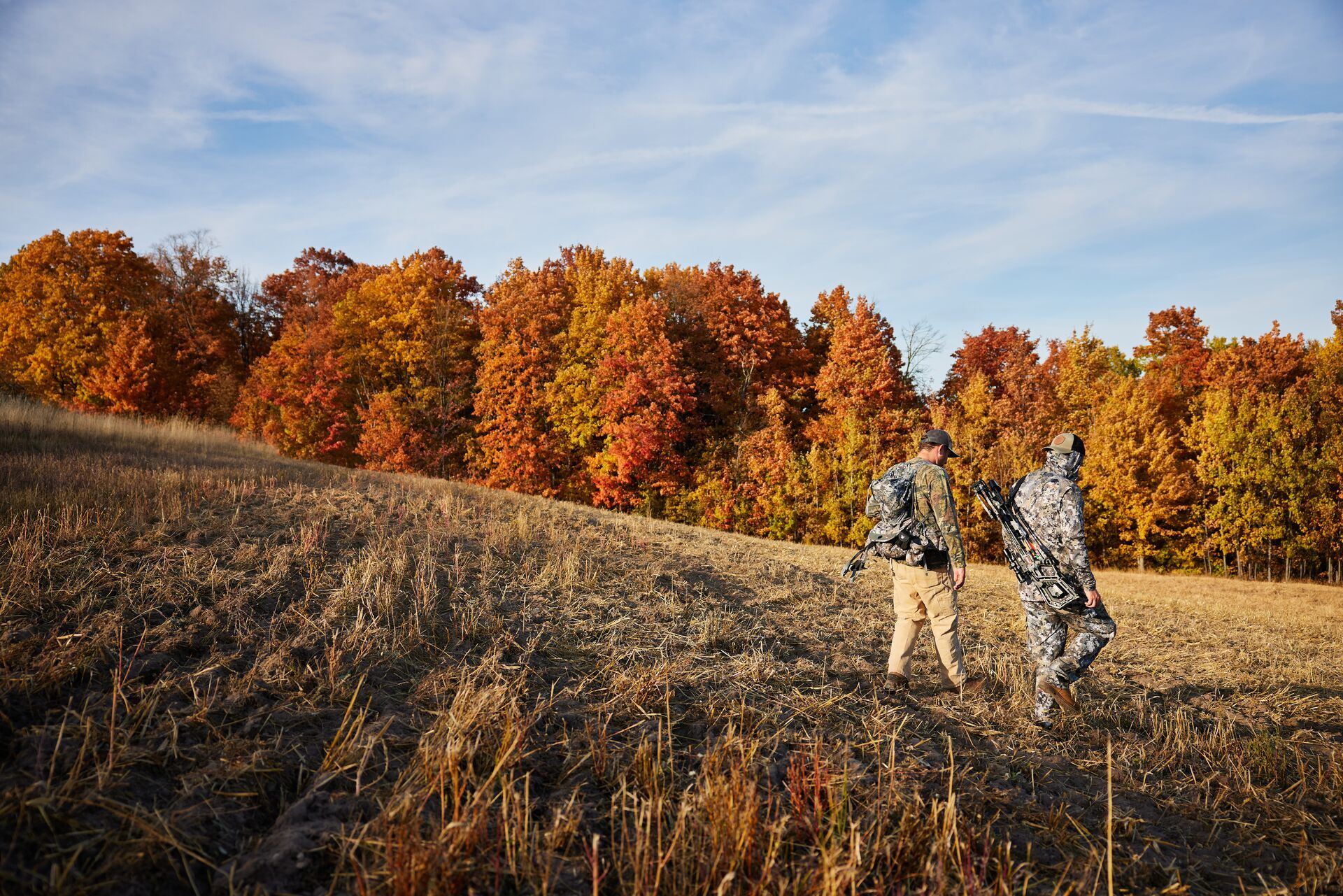
Meet the Team: Your HuntWise Hunting App Field Experts
If you've read many of the Field Guide blogs, you've seen a wide range of names as authors of these blogs. We tap into knowledge from a group of experienced hunters and HuntWise hunting app users known as the Field Team. Read More
Read More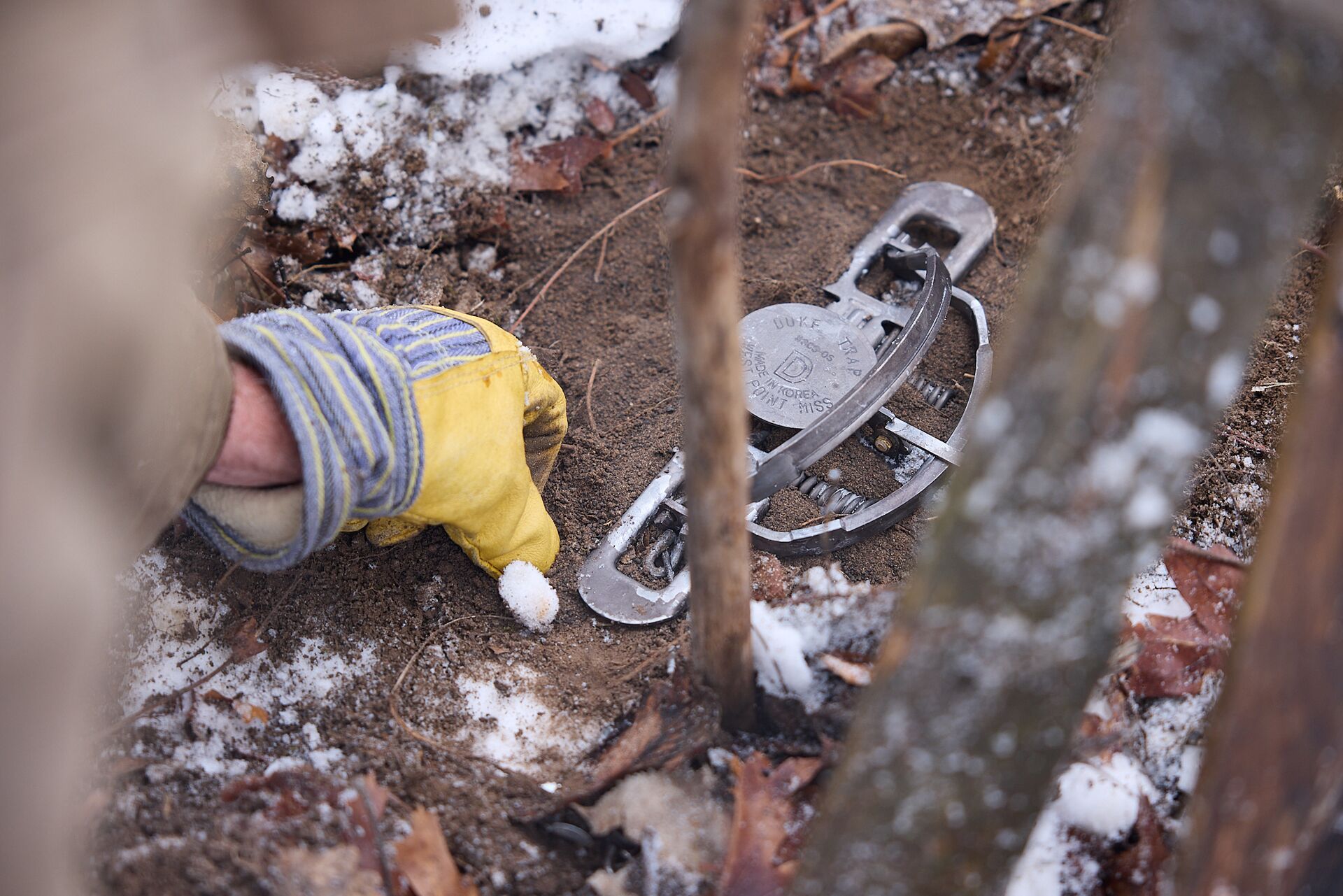
How Long is the Missouri Trapping Season? A Complete Guide
It's no surprise that trapping remains such an essential practice in Missouri. The Show Me State has a long history of trapping and benefited greatly from the booming nineteenth-century fur trade. With a 3-4 month trapping season starting mid-Novembe...Read More
Read More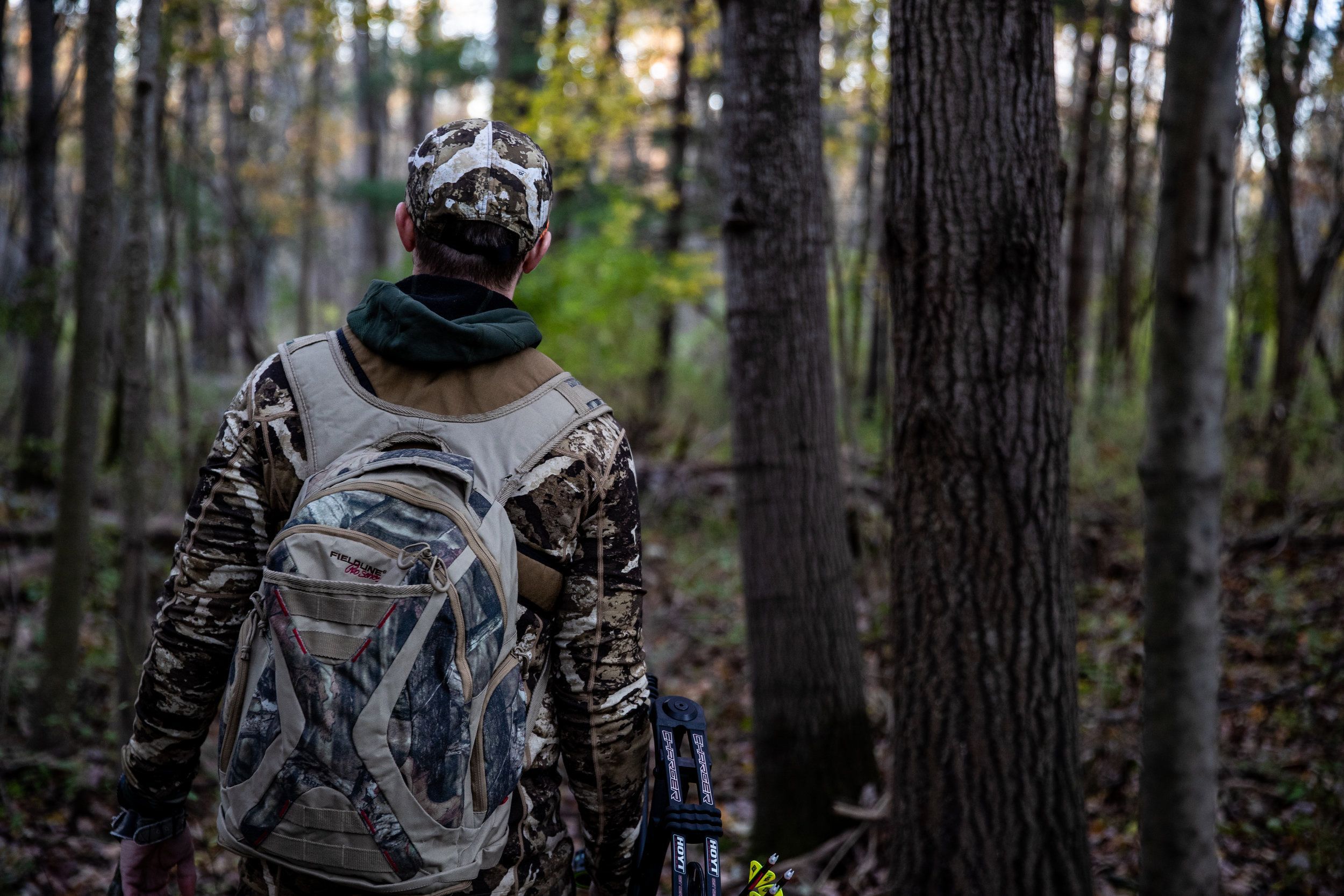
Hunting Gear: 8 Items Every Hunter Should Always Have In Their Bag
Being prepared in the field while hunting deer, turkey, or other wild game means having the right gear on hand. So, what should you take on your next hunt?Read More
Read More Hunting Tips
Hunting TipsMeet the Team: Your HuntWise Hunting App Field Experts
If you've read many of the Field Guide blogs, you've seen a wide range of names as authors of these blogs. We tap into knowledge from a group of experienced hunters and HuntWise hunting app users known as the Field Team. Read More
Read More Hunting Tips
Hunting TipsHow Long is the Missouri Trapping Season? A Complete Guide
It's no surprise that trapping remains such an essential practice in Missouri. The Show Me State has a long history of trapping and benefited greatly from the booming nineteenth-century fur trade. With a 3-4 month trapping season starting mid-Novembe...Read More
Read More Hunting Tips
Hunting TipsHunting Gear: 8 Items Every Hunter Should Always Have In Their Bag
Being prepared in the field while hunting deer, turkey, or other wild game means having the right gear on hand. So, what should you take on your next hunt?Read More
Read More
1 of 3
